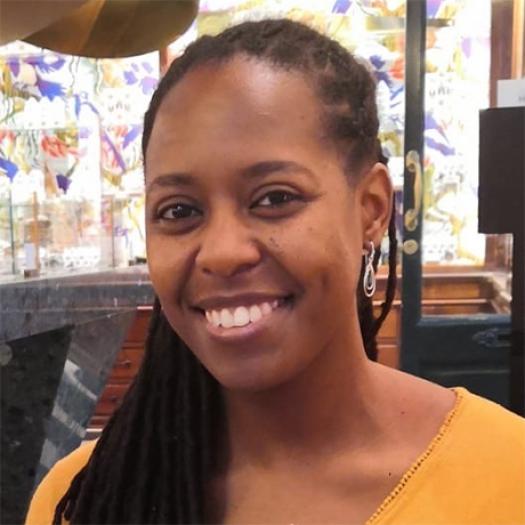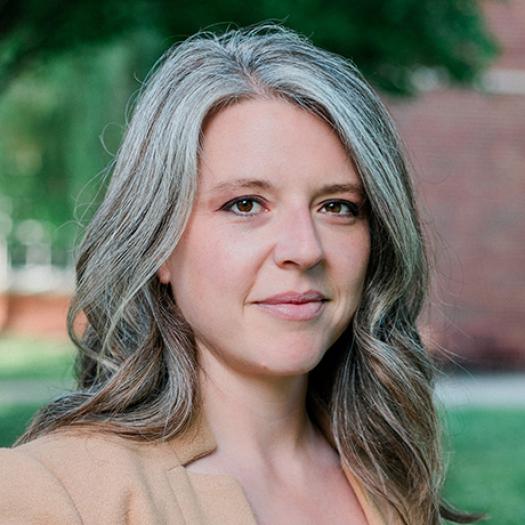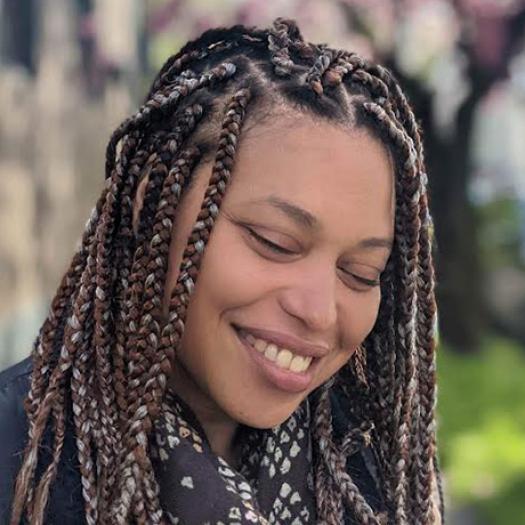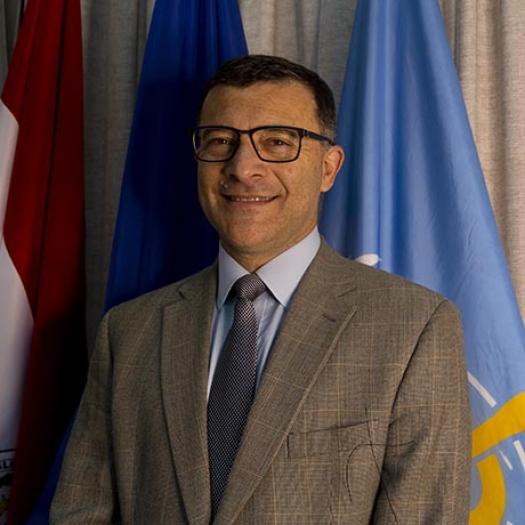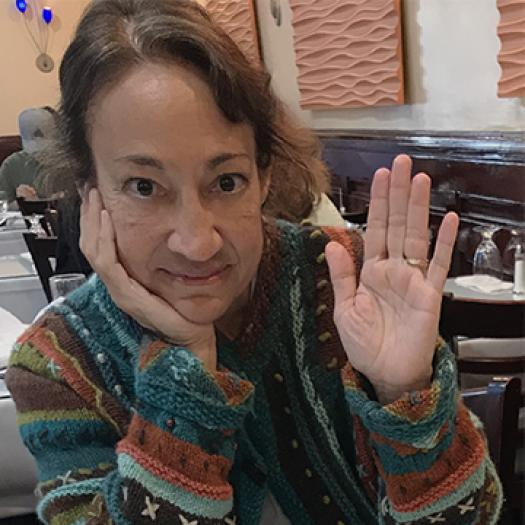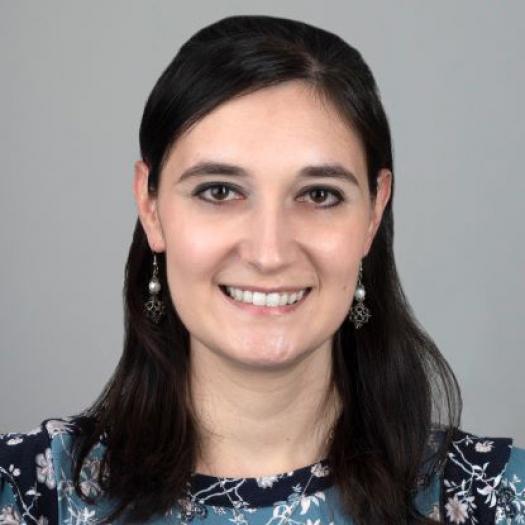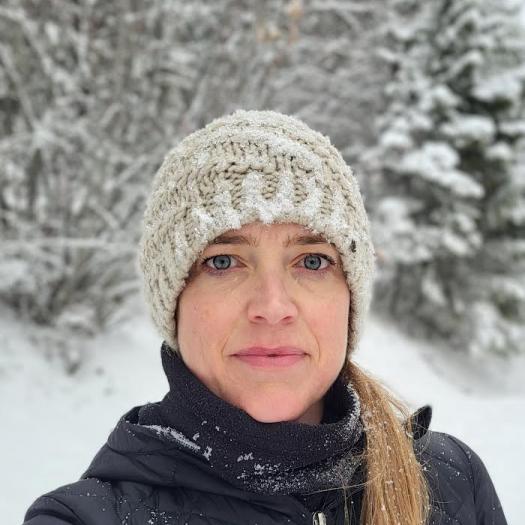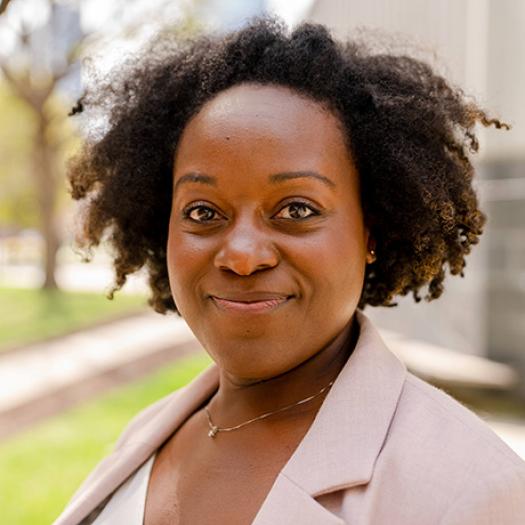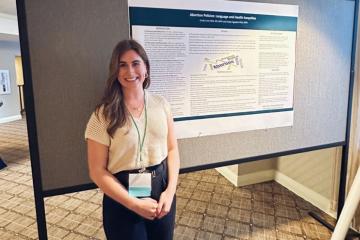Earn your Master’s of Public Health (MPH) degree from Simmons University
The Simmons University online Master of Public Health program is designed to give students the real-world skills needed to positively impact public health and address health inequity at local, national, and global levels.
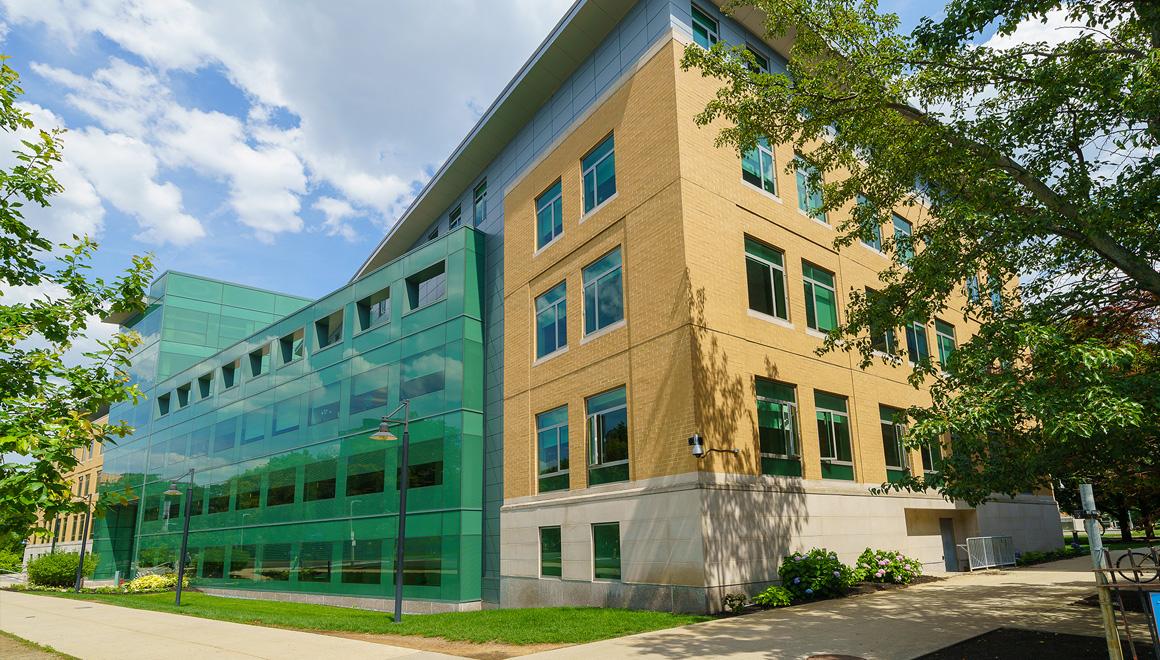
Committed to Health Equity. Grounded in Social Justice.
The concept of health equity stems from an understanding that public health and social justice are deeply intertwined. The focus of the Simmons Master of Public Health (MPH) program, delivered online from Simmons University, is to prepare students to work toward achieving this equity at local, national, and global levels.
Simmons MPH students gain the skills to become effective public health practitioners through a blend of live online courses, self-paced coursework, and in-person immersion experiences that explore public health through the lens of equity and social justice.
An adaptable and innovative program
The MPH curriculum consists of 42 credit hours that can be completed in the 24-month traditional masters or the 15-month accelerated masters program. The curriculum includes 9 core courses, one elective, and a practicum experience. With multiple opportunities to customize their MPH degree, students can develop content expertise in their area of passion and make an impact on the issues that matter most to them.
Through community-embedded experiences, immersion courses, and a culminating Health Equity Change Project, students are prepared for a career in public health that addresses the underlying causes of health disparities and health inequities.
Why complete your MPH at Simmons?
Simmon’s MPH core values drive the student experience, delivering a state of the art student body of knowledge.
Students gain knowledge and experience grounded in the program’s values:
- Social Justice: We value social justice as a core concept of health equity, which embraces the uniqueness, dignity, and inherent value of all individuals and communities, and challenges power differentials and structures that preclude fair opportunity for optimal health for all.
- Community Partnership: Rather than work on behalf of, we strive always to work with the communities whose health we aim to enhance, through partnered knowledge production, participatory agenda setting, and collaborative action for social change.
- Scientific Rigor and Integrity: We strive for outstanding performance in enacting health equity that is built on the foundation of scientifically rigorous research, evidence-based public health practice, and personal and professional integrity and ethics.
- Critical Systems Thinking: In order to assess and address health inequities, we employ a critical lens to understand broad systems and structures that produce and reproduce disparities and injustices in health.
- Innovative Leadership: Taking inspiration from past innovation, and challenging existing paradigms, we advance a model of leadership that imagines new systems and structures to improve health equity and create sustainable, transformative impact.
Accredited by the Council on Education for Public Health
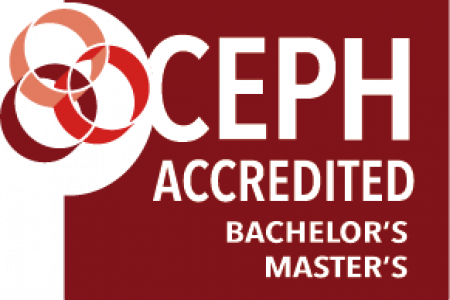
The Master of Public Health program at Simmons University is accredited by the Council on Education for Public Health (CEPH). CEPH assures quality in public health education to promote excellence in practice, research, and service in the field. Our public health bachelor’s degree programs (online and on-campus BS degrees) and our joint degree programs that combine the BS in Public Health with our online MPH program are also accredited.
Lydje Lahens, MPH ’19
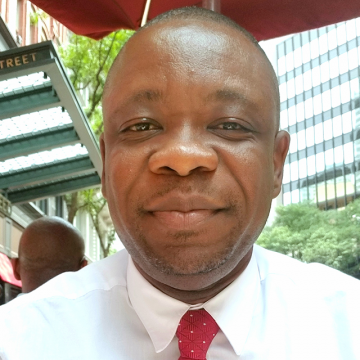
Lydje Lahens joined the MPH program at Simmons because the program’s approach to public health aligned with his drive to make a positive difference for the public good.
“Working with communities was one of the most powerful things about this program. There is nothing more satisfying than collaborating with a local community and seeing the impact that you make.”
Natalya Martins, MPH ‘20

Natalya Martins applied to the MPH program at Simmons because she wanted to take an upstream approach to advance population health. She was promoted to director of strategic initiatives at Massachusetts Health Quality Partners in May 2021.
“The Simmons program and like-minded community helped me gain the skills and drive necessary to incorporate a health equity lens into my day-to-day work.”
Resa Caivano, MD, MPH ‘20
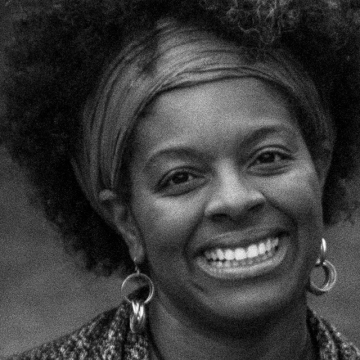
Resa Caivano, MD chose the MPH program at Simmons because the program’s unique focus on health equity and health disparities fit her personal and professional goals. During the program’s Health Equity Change Project (HECP), she developed a service-learning curriculum for first-year medical students that focused on the structural issues impacting population health, and implementing that curriculum has become the next phase in her career.
“Every course I took gave me a new perspective and a new way to approach health inequity.”
Learn more about our Master of Public Health degree
Are you ready to find out more about earning your MPH at Simmons? Request more information about our program, register for a MPH information session, or schedule a class visit or speak to a current or former student. You can also begin your application today!

